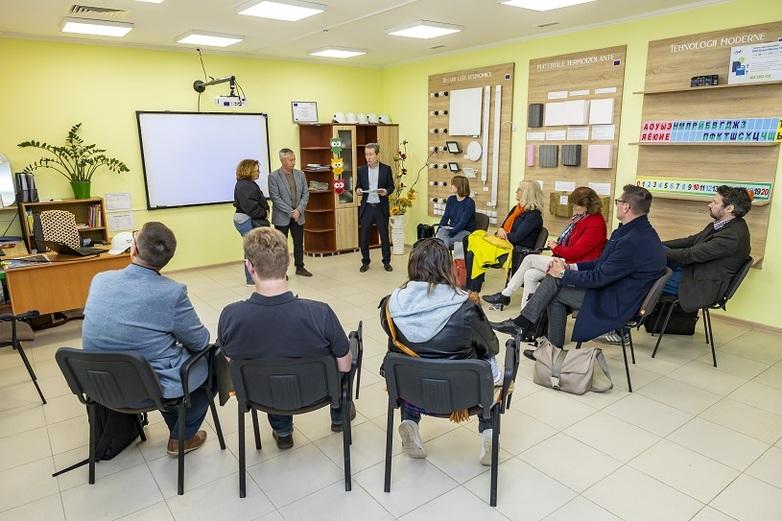Context
Moldova can only meet one quarter of its energy needs with its own resources and is dependent on gas and oil imports from abroad. For this reason, the energy crisis resulting from Russia’s attack on Ukraine has had a particularly negative impact on Moldova’s citizens and economy: 60 per cent of the population is currently suffering from energy-related poverty due to the high cost of electricity and gas. Energy products have become more expensive, in some cases by more than 200 per cent, which is also affecting trade and industry.
Low diversification in the energy supply fosters these negative effects: over 90 per cent of (centralised) electricity and heat generation is based on natural gas. Although renewable energies account for 26 per cent of the total energy supply, this figure mainly relates to the use of firewood in homes. As a candidate for EU accession, Moldova is also obliged to implement extensive reforms in the energy sector in a very short space of time.


